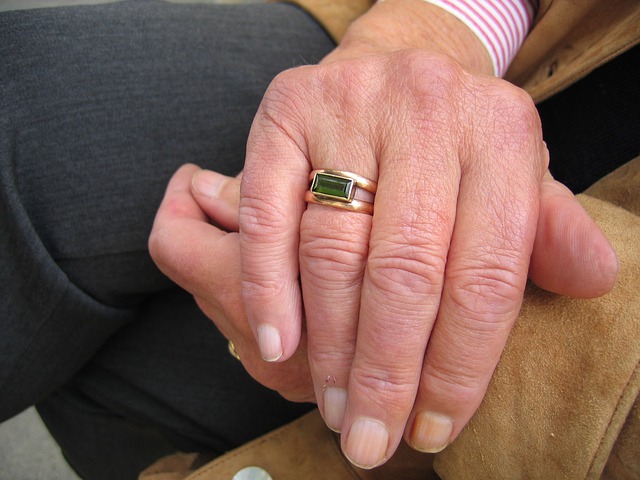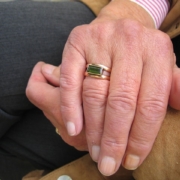Halfway Through this Journey: Talking about dying
 Benjamin Franklin is widely credited with the pithy aphorism ‘in this world nothing can be said to be certain, except death and taxes.’ After the recent leaks from the Panamanian tax firm Mossack Fonseca we have learnt that the super-rich may be exempt from the latter, but neither wealth nor virtue spares any of us from the former!
Benjamin Franklin is widely credited with the pithy aphorism ‘in this world nothing can be said to be certain, except death and taxes.’ After the recent leaks from the Panamanian tax firm Mossack Fonseca we have learnt that the super-rich may be exempt from the latter, but neither wealth nor virtue spares any of us from the former!
This is Dying Matters Awareness Week. It may have passed popular attention but it’s important. The aim is to simply get people talking about their mortality – their end of life care wishes, their funeral wishes, and how we all face our own mortality.
This can sound morbid. However, there is growing evidence that as a society we are beginning to rediscover that death is part of life. Early discussion on end of life issues have a significant impact on how people cope with death, dying and bereavement. This is a marked shift, as we have noted elsewhere.
While some have seen this as a chance to push an agenda on assisted dying, in practice few, if any really want life ended early. Good palliative care starts in dialogue. The anxieties around being a burden or facing intractable pain that make many feel an assisted suicide is the best way out can be addressed. What’s needed is sensitive discussion , effective treatment and compassionate care. In the UK at least, we have what is widely considered the best end of life care in the world. There are still gaps, but initiatives like Dying Matters are helping shift our thinking.
Health professionals are often reluctant to address death with some patients – not least because our primary business is saving life. This includes a reluctance to talk about instances where we have decided that no further major interventions are appropriate (so called ‘Do Not Resuscitate’ orders). However, right from the start of my nurse training back in the eighties, we were taught that dying is part of life, and that part of our role as a nurse was to care for the dying. The BMA has grappled with this recently, and the RCN has continued to campaign for more training and support for members to be able to deliver the best in end of life care. CMF has written its own guide for individuals, pastors and health professionals on a Christian approach to end of life decisions.
How well do Christians in the UK grapple with death? When was the last time you heard a sermon on death, heaven and hell, future hope and the fleeting nature of our lives? My guess is seldom if ever. I certainly cannot recall the last time I heard such a sermon in my own church.
Yet scripture is replete with wisdom and hope in the face of our certain mortality. The Psalmists call upon God to ‘Teach us to number our days that we may get a heart of wisdom’. The philosopher of Ecclesiastes counsels us that ‘it is better to go to the house of mourning than to go to the house of feasting, for this is the end of all mankind, and the living will lay it to heart’. This is not morbid or depressing resignation, nor grimly fatalistic realism. Rather it is holding in tension the reality that ‘all flesh is grass’, while hoping for an eternal existence with the One who is the source of all hope and joy.
As Paul puts it, what we go through here on earth are passing and momentary troubles that presage a greater glory. This is the reality that we learn to hold on to and rejoice in as Christians. As health professionals this helps us have courage to talk about death with others, because once we learn to live with that tension within ourselves, we learn not to fear to discuss it with others.
I recently turned fifty. Depending on which set of statistics you refer to, based on gender, ethnicity social class and the UK region in which I live, I can say with some confidence that my time on this earth is more than half way run. I am more than halfway through this journey of life, as Dante would have it. I have contemporaries who have died already, and others, not much older than myself facing life limiting and terminal illnesses.
Confronting my own mortality has been an important part of my life in recent years. It has been of immense help to have the chance to talk, reflect and pray with friends and family. Knowing the hope I have in Christ, alongside my own experiences as a nurse who has worked in palliative care, and the conversations with my loved ones, my own death holds less fear and more hope than it once did.
You however, may be at a different stage in your journey – but starting it with a conversation would be a good first step.




Leave a Reply
Want to join the discussion?Feel free to contribute!